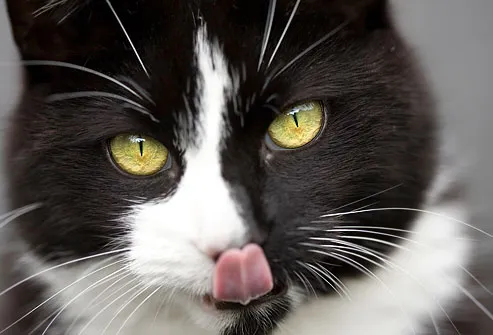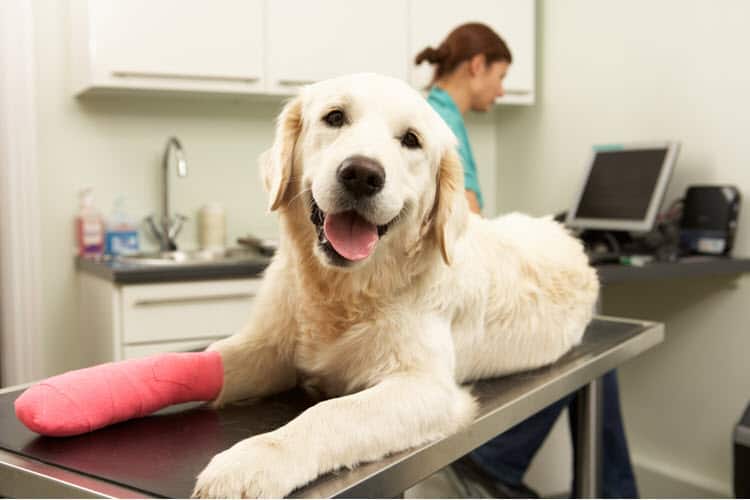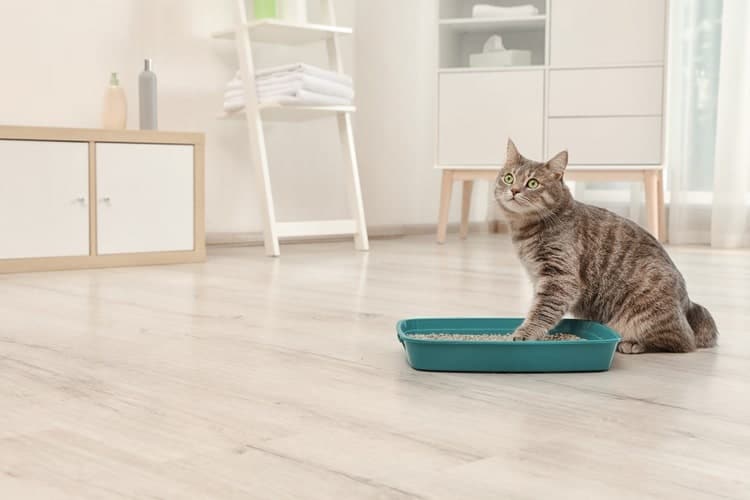
Benefits of Adding Wet Food to Your Cat’s Diet
Some cat owners prefer to exclusively feed their cat wet food, while others are dedicated to dry cat food. According to The Waltham Centre for Pet Nutrition, both types of food offer great benefits. In fact, mixing wet and dry food together could be the most beneficial for your cat’s diet, particularly if you have an indoor cat.
Because indoor cats generally expend less energy, they need more protein and fewer calories. Indoor cats also need to have a healthy water intake to stay hydrated. Beyond providing fresh, clean water for your feline friend, mixing wet cat food with their kibble can help your indoor cat stay hydrated and get the proper nutrients for maintenance.
Wet Cat Food Hydrates to Promote Urinary Tract Health
If your cat doesn’t get enough water each day, they will not urinate frequently. Infrequent urination can lead to the formation of mineral crystals or urinary stones, causing your cat a great deal of pain and potentially blocking their urethra. Urethra obstruction is a serious medical issue that requires immediate medical attention in order to prevent serious issues for your cat. Signs of urinary blockage include straining to pee, producing little to no urine and/or expressing pain while trying to urinate. If you notice your cat exhibiting any of these behaviors, contact your veterinarian immediately.
To help supplement their water intake, wet food also has a great deal of water in the formula. Having one meal of wet food a day, or combining canned cat food in with your cat’s dry food, will help them urinate more frequently, preventing the buildup of minerals and urinary stones.
Adding Wet Cat Food Can Help You Manage Their Weight
Dry cat food typically has a higher concentration of carbohydrate, and, of course, less moisture which makes it more calorie-dense. Adding wet food into your cat’s diet will give them more protein to balance out the carbohydrates. Studies from The Waltham Centre for Pet Nutrition have also shown that when cats are fed a moisture-high diet, they tend to eat less food, which can help them lose weight and encourage them to become more active. This is especially important for indoor cats, who are often less active than their outdoor cats.
Because wet cat food provides more protein and, fat than carbs, it can better satisfy a cat’s instinctive feeding behavior and can help them maintain a healthy metabolism. Mixing canned and dry food in your cat’s diet will give them all of the nutrients they need to live a happy, healthy life.
Wet Cat Food Adds Extra Enjoyment
Typically, when given a choice, most cats will prefer to eat a mixture of wet and dry food as opposed to dry food alone. Wet cat food can add extra enjoyment to mealtime because it adds flavor and a variety of protein sources and textures. Especially if your cat is a picky or finicky eater, mixing wet cat food and dry cat food can give them the variety they desire.






